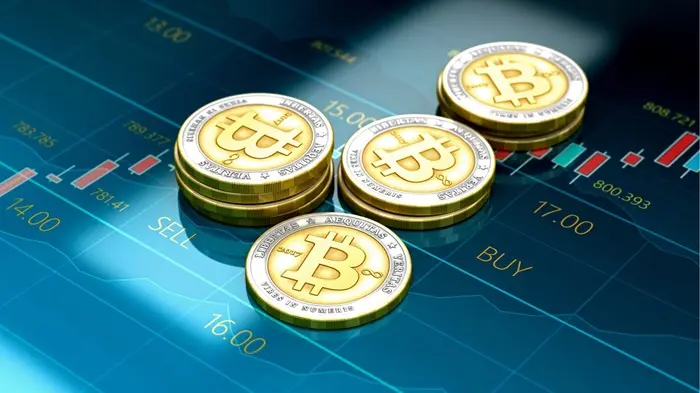The days of extreme market calm are now a distant memory.
For much of the past two years, stocks have risen steadily, setting dozens of records. Sell-offs have been short and infrequent: Last year, the S&P 500 lost 2% or less in a single session for 356 consecutive trading days, the best streak since it ended in February 2007, according to Dow Jones Market Data.
President Trump’s trade policies have shattered that calm, sending stocks tumbling and unsettling volatility. All three major U.S. stock indexes are down at least 8% this year. The Nasdaq Composite, which once soared to dizzying heights on the back of an artificial intelligence boom, is now in a bear market, down 20% from its recent highs. U.S. stocks have gained or lost trillions of dollars in value in a single trading day, sometimes in minutes. Recession expectations are changing by the minute.
Analysts worry that tariffs could drive up inflation and curb economic growth. That’s led some investors to abandon traditional investing strategies like “buy the dip” and seek a new one suited to these uncertain times.
“There are going to be hits, and you don’t know where the next one is going to hit,” said Amy Wu Silverman, head of derivatives strategy at RBC Capital Markets. “The market has been turned upside down.”
The CBOE Volatility Index, or VIX, Wall Street’s fear gauge, has swung wildly in recent days. Earlier this month, the VIX surged to its highest level since the coronavirus crash. A day later, it had its biggest one-day percentage drop on record.
The surge in trading volume highlights investors’ frantic attempts to protect their portfolios. More than 98 billion shares traded on the New York Stock Exchange and Nasdaq last week, the highest weekly volume on record, according to DJMD data.
Even experienced fund managers and analysts run into obstacles when trying to make sense of the wild swings in the market.
“Volatility has been so intense that we chose not to have our designers include a chart of the S&P 500 in this commentary because it could be down 5% by the time it’s published,” strategists at LPL Financial quipped in a note Monday.
The Trump administration has acknowledged that the tariff policy changes have caused market jitters. Trump said last week that he was suspending most reciprocal tariffs because the market was “unhappy.” Treasury Secretary Scott Bessant said Monday that he believes the market will calm down.
“The truth of the matter is in the eye of the beholder, but I can assure you that we are going to have a robust (tariff negotiation). I think the market can take comfort from that,” Bessant said in an interview with Bloomberg TV. “I don’t want to make any predictions about the market, but I think the volatility index (VIX) has spiked and it may well have peaked.”
Investors are still preparing for the possibility of more volatility ahead and are piling into options contracts to profit if the VIX spikes. In recent days, some of the most actively traded VIX contracts have been call options tied to the VIX index, which reached 55 and 60, up from Thursday’s close of about 30, according to Cboe data. Call options give investors the right to buy an asset at a fixed price.
Traders are also snapping up bearish bets. The “skew” measure of S&P 500 options hit its highest level since 2020 last week and has remained elevated since, according to Cboe data. Higher skew typically indicates that put options, which are often used to hedge against economic downturns, are more expensive relative to call options, which typically represent bullish bets.
Some investors are also concerned that Trump’s tariffs could curb corporate earnings growth, which has historically been an important driver of market rallies.
Some analysts point out that Trump’s other policy goals, such as deregulation and tax cuts, could help offset the impact of tariffs. Despite recent market turmoil, earnings growth expectations remain strong: Analysts expect S&P 500 earnings to rise 11% in 2025 from a year earlier, according to FactSet, down from 14% forecast at the start of the year.
“You have to believe there’s something on the other side, otherwise it’s just madness,” said Nancy Curtin, global chief investment officer at AlTi Tiedemann Global.
































